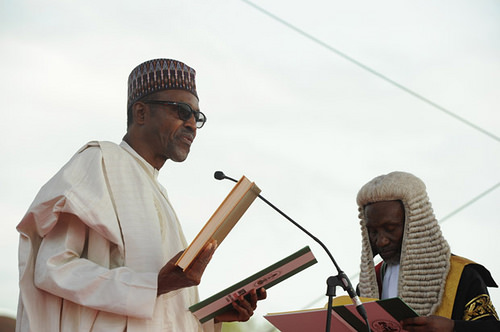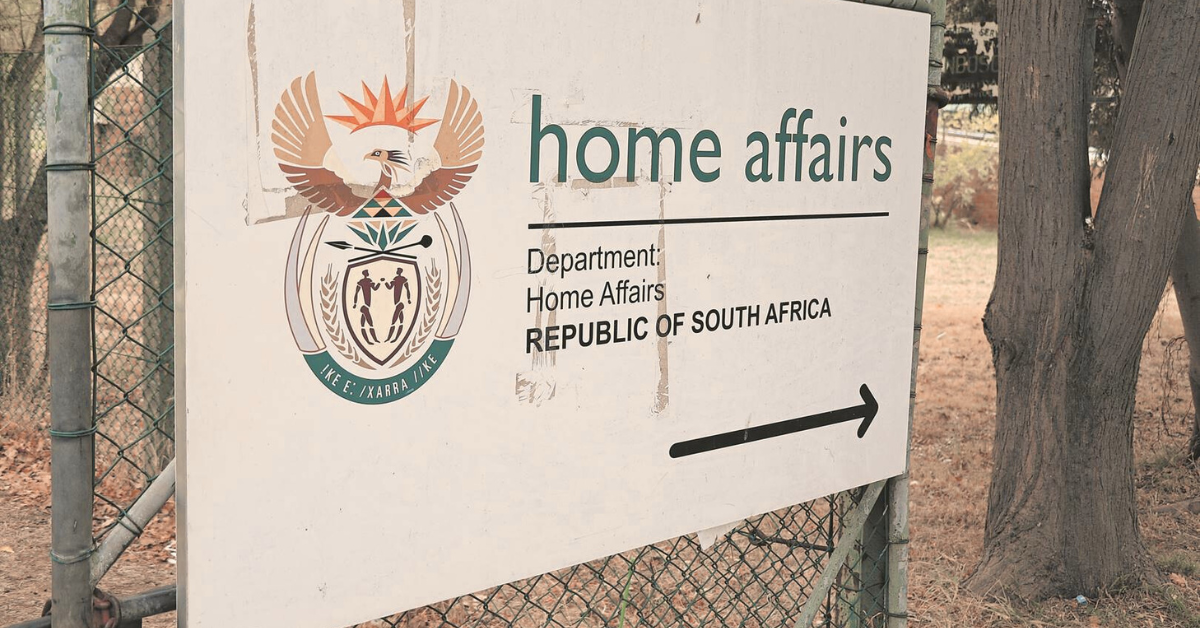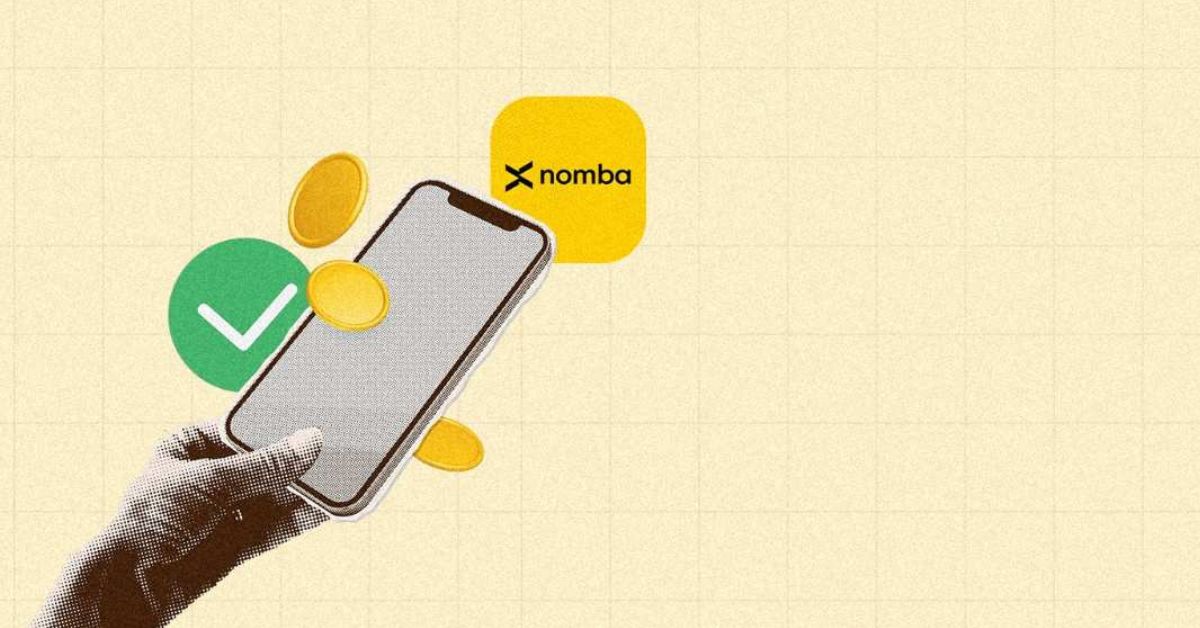The social media bill that passed the second reading in the Nigerian Senate last week met a heavy pushback on Nigerian Twitter. Most commenters claim that the bill, officially titled; “A Bill for an Act to Prohibit Frivolous Petitions and Other Matters Connected Therewith,” is a ploy to restrain free speech.
The #NoToSocialMediaBill hashtag trended for the better part of last week and offline protests still continue in opposition to the bill.
In the midst of the excitement, it appears the Nigerian president Muhammadu Buhari might withhold his assent to the bill.
One of the president’s advisers, the Senior Special Assistant to the president on Media and Publicity, Mallam Garba Shehu, said on Monday that “the President won’t assent to any legislation that may be inconsistent with the constitution of Nigeria.” Although he added that the president will not come in the way of lawful legislation.
The bill proposes that statements intended to report the conduct of any person for the purpose of an investigation should be accompanied by a sworn affidavit adding that; publishing petitions unaccompanied by affidavits would attract up to six months jail term.
“Any person who unlawfully uses, publishes or cause to be published, any petition, complaint not supported by a duly sworn affidavit, shall be deemed to have committed an offence and upon conviction, shall be liable to an imprisonment for six months without an option of fine,” part of the bill – which was posted on the @NGRSenate timeline – reads.
A flash from the past
The Nigerian legislature has presented the bill as a plan to make citizens responsible for their utterances as evident in its tweet that first shared the the bill.
#SocialMediaBill won’t penalize free speech, The debate is to ensure everyone is accountable for what they publish.
— Nigerian Senate (@NGRSenate) December 5, 2015
Commenters on Nigerian Twitter have refused to accept this as the truth and for good reason. The bill will not only limit discourse on social media but also impinges upon press freedom.
The bill is akin to the 1984 Decree No. 4 instituted by President Buhari, then a military ruler of the country.
The Protection Against False Accusations Decree provided that “Any person who publishes in any form, whether written or otherwise, any message, rumour, report or statement which is false in any material particular or which brings or is calculated to bring the Federal Military Government or the Government of a state or public officer to ridicule or disrepute, shall be guilty of an offense under this Decree”
Some have postulated that the bill is going after Sahara Reporters, an indie online publication that is known for its penchant for sharing unvarnished, uncomfortable details of Nigerian politics.
The bill mentions Social Media in the section 3 (4) where it says:
“Where any person through text message, tweets, Whatsapp or through any social media, post any abusive statement knowing same to be false with intent to set the public against any person and / or a group of persons, an institution of Government or such other bodies established by law shall be guilty of an offense and upon conviction shall be liable to an imprisonment for two years or a fine of N2,000,000 or both such fine and imprisonment.”
It’s not the first time the Nigerian Senate under the present administration has attempted to censor a part of the internet – albeit with a shoddily thought-through strategy. Last month, it proposed to ban internet porn, though it displayed its lack of insight into the layers of complexities involved in doing so.
Censoring text messages and tweets doesn’t appear feasible or even wise, at best execution, users will create ghost accounts to perpetuate their thinking. This bill seems like another outsized, out of sorts solution from the Nigerian legislature. If well sliced, the provisions of the law covering defamation are already enough.
Photo Credit: GovernmentZA via Compfight cc

















